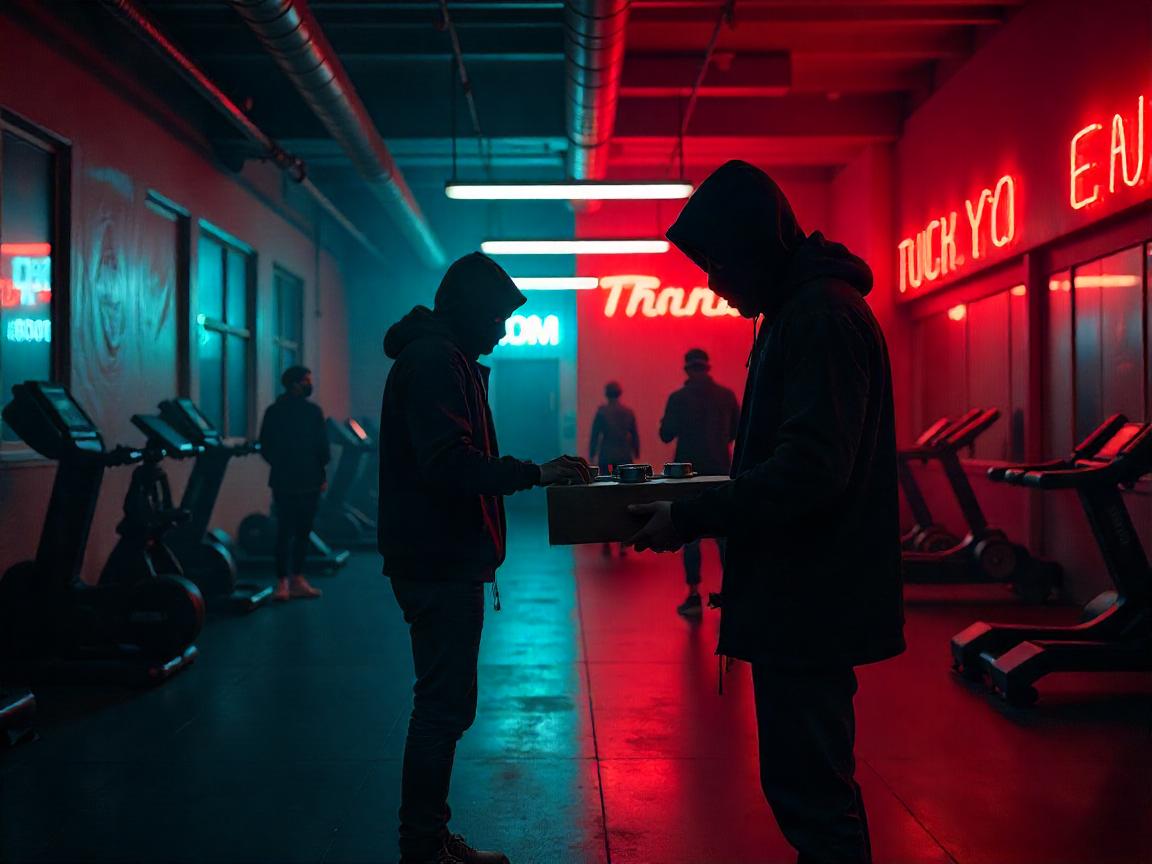
Beneath the Surface: The Hidden Threat in Australia’s Gyms
Dark side of gym culture: When you visit many gyms in Australia, you’ll notice weight racks, lively music and people pushing for better well-being. But behind the gloss of their operations, criminal groups are becoming more active and the majority of members don’t know. Previously, fitness centers highlighted people’s interest in personal fitness, but now, many are abused by groups for illegal activities. This happens in a culture focused on self-enhancement and more people are now urging the federal government to change its regulations.
Some people running or working at gyms are found to be pushing drugs to gym members, laundering money and using the gym environment to recruit innocent people into crime. Even though gym culture doesn’t often talk about it, depression is hard to overlook these days.
Criminal Elements Flexing Their Muscles
Some places in the fitness industry are said to have become sanctuaries for people involved with crime. Since rules in gyms are not strict, they are a perfect spot for money laundering, handling untraceable money and for recruiting people. Once the authorities intervene, they usually discover that the case is connected to many underground relationships, suspicious deals and hidden ownerships.
What alarms people about this infiltration is that it goes on quietly. Education and equipment are readily available for criminals so that they can use them in criminal acts. Most people in these gyms don’t realize that the people near them may be involved in much more serious activities than working out.
The Regulatory Blind Spot in the Fitness Industry
The main reason this issue isn’t solved is that gyms are not required by law to be licensed nationally. Since there are no common regulations, anyone with a past conviction can manage or run a fitness center. In many cases, no special requirements exist in the form of safety reviews, set standards or professional background checks. It’s similar to allowing every person to create a childcare center without checking first.
In some regions, states have introduced codes of conduct or standards, though these differ a lot and seldom get enforced. The result? Levels of laxity so broad that a protein truck could get through. When laws are not upheld, criminals do well in the areas where there are no rules.
A Real-World Wake-Up Call
For instance, a 19-year-old person walked into a well-known fitness center to start working out. My personal trainer suggested workouts to me, but it became much bigger and involved late evening deliveries and exchanging cash. It took him by surprise when he joined a criminal group and faced threats for leaving.
Such situations occur often. If young men and women feel estranged from their lives, they often come to gyms hopeful for mentorship and look for a reason to stay involved. If the wrong person has that power, it turns into a weapon and the gym becomes the training place.
The Push for Accountability and Reform
Both criminologists and those in the field of public safety agree that licensing gym owners, employees and their businesses is necessary across the country. These groups claim that this approach would require national background checks, training for all owners and thorough checking of gun laws in every state.
People inside the fitness industry often endorse this. People in the gym industry are tired of being compared to dangerous gyms and ask for clear rules and support from authorities. It should be about more than punishing criminals; it should also support a safe environment to help gyms succeed as they were intended to.
Lastly, Supporting the Strong Culture
People in the gym often test themselves and their boundaries, mentally, physically and in other ways. However, when there is crime involved, the mission gets interrupted. People have started to admit that the dark side of gym culture in Australia is a real problem. This issue harms the safety of the public, the reputation of industries and people’s personal health.
To make sure fitness centers continue to support advancement, toughness and change. We need to set limits, not just furnish them with equipment. That calls for crossing state boundaries to govern, monitor compliance and tackle the entrance of criminals into law enforcement agencies. Time is running out for society to let important issues keep piling up.